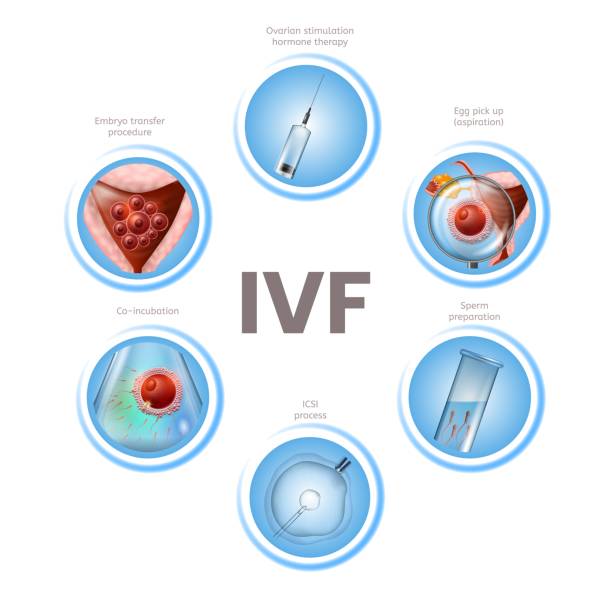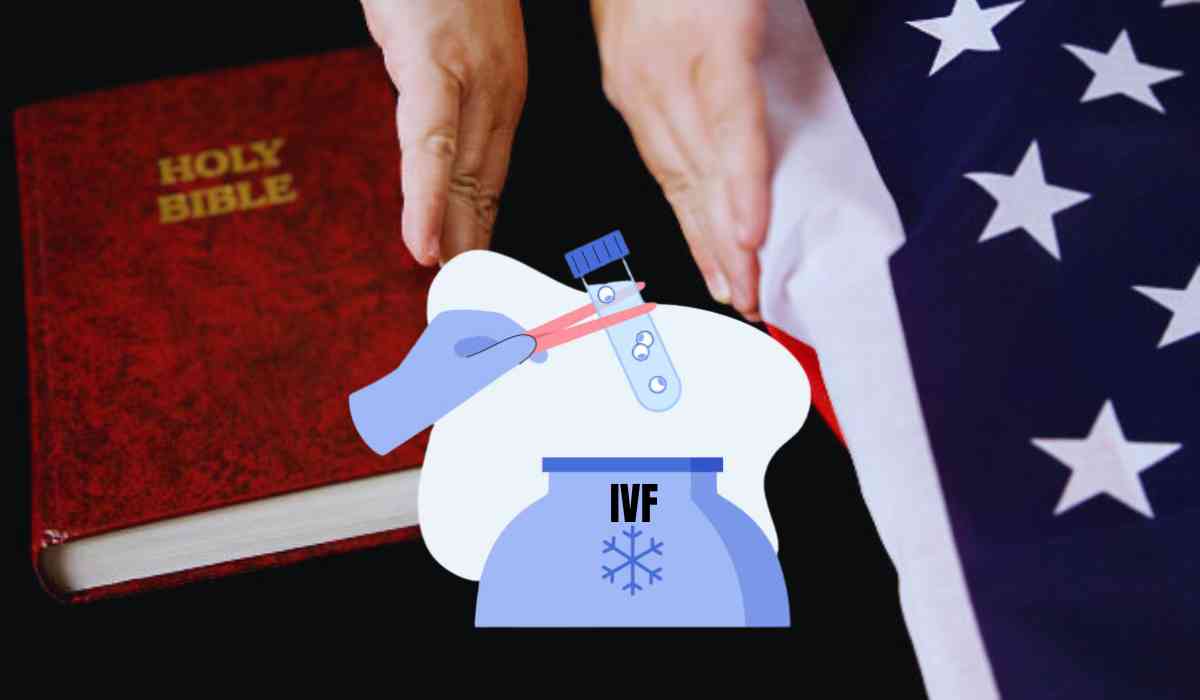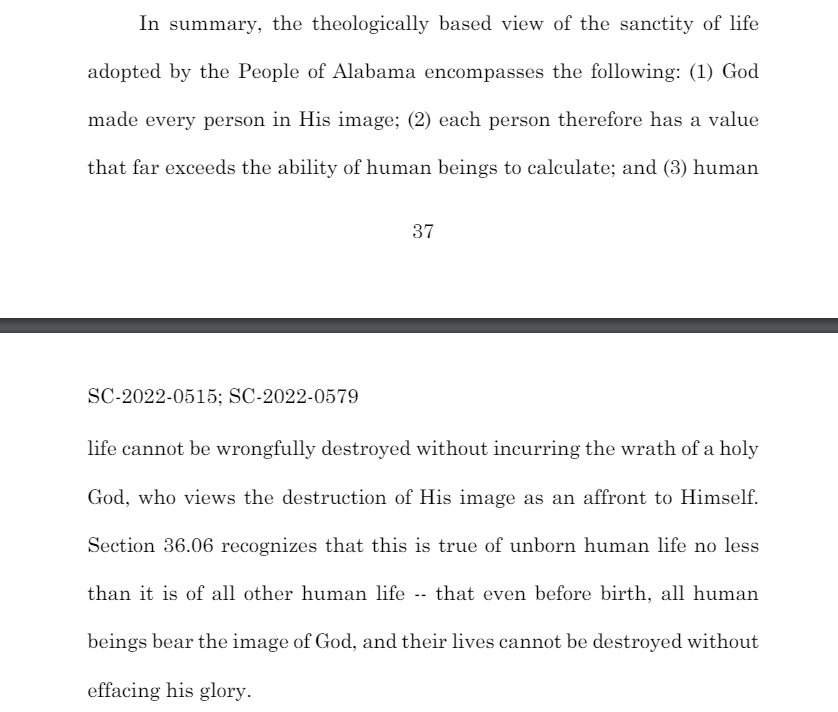The current state of IVF in Alabama is a sad reminder of the complex interplay between legal interpretations, scientific advances, and ethical issues. After the Alabama Supreme Court ruled in February 2023 that the frozen embryos were “unborn children,” it expressed serious doubts about the state’s ability to continue using in vitro fertilisation.
The Science of IVF: An Optimistic Option for Many Families
Infertile couples can now overcome biological barriers and start a family through IVF. If the pregnancy is successful, the sperm fertilise the egg in the laboratory, and an embryo is created that can be inserted into the woman's uterus. Advances in family planning technology have brought hope to millions of people around the world.

Embryos, rights, and risks of misinterpretation: an Ethical debate
An Alabama Supreme Court ruling had sparked debate about the ethics and legality of frozen embryos. The Alabama Supreme Court's decision to classify frozen embryos as "unborn children" has sparked debate about the morality and legality of such procedures. Chief Justice Tom Parker used Bible passages and Christian theologians.
“Human life, from the moment of conception, is a precious gift endowed by our Creator with inherent dignity and rights, and we cannot and must not unjustly destroy that life without incurring the wrath of a holy God,”
explains that the judge considered religious opinions to support his argument, noting that human life is a precious gift that comes with innate dignity and rights. The decision, originally a wrongful death lawsuit, raised concerns about the rights of people seeking IVF treatment and the possible criminalization of some procedures. The separation of church and state movement sparked outrage against the inclusion of religious views.
(to read the complete ruling, click the image above)
Balancing personal decisions and social considerations
The situation in Alabama raises real questions for individuals, families, and society as a whole. For example:
-
Should embryos that have not yet reached full development of consciousness and sensitivity be granted the same rights as the foetus and the child?
-
How can we balance the right of individuals to choose family planning methods with potential ethical concerns about the management and fate of frozen embryos?
-
What are the potential downstream effects of legal interpretations that could influence future scientific advances in reproductive technology?
Alabama State Legislature Response: Protect Access and Enable Discussion
Aware of the potential impact on access and importance of IVF for many families, Alabama lawmakers quickly passed bills providing legal protections for IVF providers. This decision ensured continued access to the procedure, taking into account the current ethical and legal complexities. The House bill, introduced by Republican Rep. Terri Collins, would extend civil and criminal immunity to providers of IVF services and apply retroactively. The Senate bill, offered by GOP Sen. Tim Melson, provides clinics providing IVF treatments with the same protections. The bills prompted debate in both chambers and unsuccessful attempts to amend the House version. Alabama Gov. Kay Ivey expects a bill to address the issue soon.
The road ahead: a complex problem with no simple answer
Although the Alabama legislature's response provides temporary relief, the broader issue of embryo status and its legal implications remains a topic of ongoing debate.
_1709299433.png)
Key points to pay attention to:
-
In vitro fertilisation is a subset of Assisted Reproductive Technologies (ART), which also include surrogacy, fertility drugs, and other procedures that have been ongoing since 1985.
-
Ovarian stimulation, egg retrieval, fertilisation, and embryo transfer are different phases of the special multi-stage in vitro fertilisation (IVF) process.
-
IVF success rates vary, and the patient's age is an important factor. Every year, 2.3% of all babies born in the US are conceived with the use of assisted reproductive technology. The CDC provides resources to quantify the likelihood of success.
-
Concerns about the legality of in vitro fertilisation have increased in many states, particularly after Roe v. Wade was shot down.
As science and technology evolve, addressing the ethical and legal landscape surrounding reproductive technologies requires ongoing dialogue and careful balancing between individual choices, social considerations, and the ethical principles that guide our society.
ⒸCopyright 2024. All Rights Reserved Powered by Vygr Media.

























